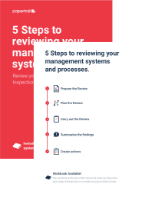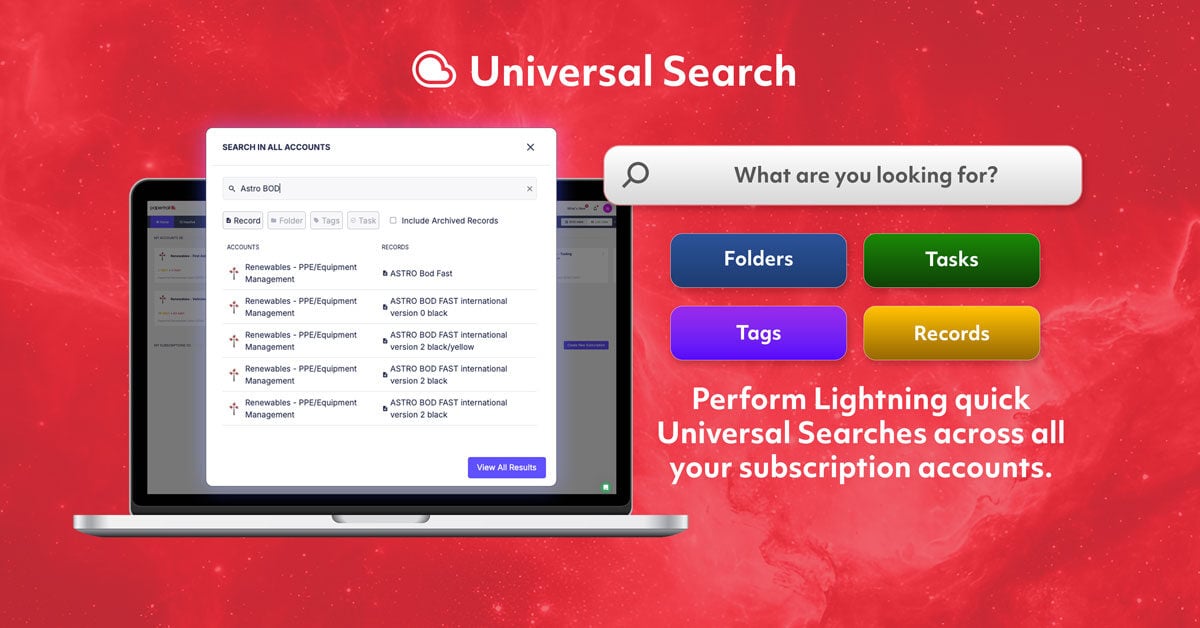Record Keeping On Trial: Sports & Leisure

If you found yourself in court facing a negligence claim, would your health and safety record keeping stand-up? A recent mock liability trial arranged by insurance brokers Perkins Slade highlighted just how important it is for organisations in the sports and leisure industries to have watertight records. Read on to find out more.
 Inside the mock court room
Inside the mock court roomTechnical Advisor Tom Partridge attended the mock trial at Edgebaston Stadium on our behalf, and sent us this report:
Record Keeping On Trial
The Kettle Dale mock trial saw claimant Richard Croft pursue the defendant, Kettle Dale Cricket Club, for damages for an injury he received whilst helping out at the club. Law student Richard, sustained a head injury from a “rogue” ball whilst tending to the off-field. The ball had left the nets through a hole which had not been spotted or logged during any pre-use checks.
 The cricket pitch in question
The cricket pitch in questionKey to the outcome of the trial was the question of whether or not the claimant (a volunteer grounds man) was actually an employee of the club. This would have affected the club’s insurance and also the process to which the hearing would be tried under. If it was found that the claimant was an employee then the PUWER and Health and Safety at Work Regulations would be tested. If not, the case would be heard under common law and duty of care.
The barristers from No.5 Chambers, Rupert Beloff and Malcolm Duthie helped Chris Bright QC make the trial as realistic as possible, and the documents and evidence presented in the case bundle prepared by Perkins Slade were representative of what might ordinarily be presented by an organisation of similar size in a “real life” trial.
Key points and learning from the trial included:
Evidence
Much of the evidence presented during the trial was witness testimony which had been presented before the trial. However, it was noted that the defendant’s barrister had asked for supplementary evidence (additional paper records which had been discovered after the court bundle was prepared), to be considered.
The judge noted that in future trials of this nature (because of new legislation introduced this year), evidence presented late is unlikely to be considered in court. Such refusal to take late evidence into consideration could prejudice the outcome of a case, and highlights the importance of ensuring your records are centrally stored and accessible.
Witnesses
During the trial, witnesses gave conflicting evidence and were often persuaded to change their position under pressure from the barristers. The lack of formal records and evidence meant that it was “one word against the other”. The interrogation was clearly a very stressful experience for the witnesses (whether a mock trial or not.)
Use of personal / work IT equipment
As the case was a cricket club, there was no formal IT equipment so much of the evidence was on personal devices such as laptops and phones. Again, gathering evidence from different devices and locations could prove difficult if records were not kept in one, central place.
Competencies
During the trial, it was noted that risk assessments and other operational procedures were carried out by the head coach at the club. But although he may well had sufficient knowledge to carry out and document the risk assessment, there was no formal or logged training to evidence his competencies. In addition, there was no evidence to show that the documentation had been updated since it was first written in 2003 – nearly ten years before the incident took place.
Outcome of the Case
After much deliberation HHJ Chris Bright, QC returned his verdict. He ruled that:
- The claimant was NOT an employee of Kettle Dale Cricket Club
- Kettle Dale Cricket Club was not liable, because they had undertaken a sufficient risk assessment
As such, the PUWER and Health and Safety at Work Regulations did not affect the outcome.
What can we learn from this?
In our opinion, this trial clearly demonstrated the importance of having clear and precise records of all policy, procedure, risk assessment, monitoring, competencies and compliance. It also highlighted the need to think about how evidence of logged procedures, incidents and accidents is presented and implemented. For example, risk assessments and procedures should be carried out by people with logged formal status (with their status being confirmed via training and monitoring). Clear records need to be kept of who, what, when, where and why inspections are carried out. Your records need to show that you are continually ensuring compliance with the systems and procedures you have put in place.
This was confirmed by Richard Doubleday, Managing Director of Sport and Recreation at Perkins Slade. Richard said: “The event emphasised the importance of having robust systems and procedures as well as comprehensive documentation and witness evidence to support your club or organisation.”
Another important note to consider is that it was discussed during the trial that important changes to civil hearings like this are due to be introduced. There will soon be no civil liability in Health and Safety legislation, which means that all cases will be brought to hearing on a negligence basis. This means more than ever, that clear records of all procedures for an organisation will be under scrutiny, and the key factor in determining negligence.
An example was given: Under the PUWER regulations, even if a piece of work equipment is checked but it fails (e.g. a well maintained postman’s bike breaks while he is riding), the organisation can still be found to be breaching the requirement to provide suitable work equipment.
The new laws will mean that provided a defendant can show that all of the “”reasonable” checks are made and documented, there will be little or no case to pursue.”
A big thanks to Perkins Slade for arranging the event and granting permission to use images from the mock trial. A huge thanks also to Tom Partridge for sending us his report.
Want to know exactly what evidence you’ll need to defend a claim successfully? Read our in-depth interview with Chris Roberts here.
About Papertrail
Papertrail makes record keeping simple. Local authorities, sports clubs, activity providers and many more use Papertrail to save time and reduce risk by safely storing their records all in one place. To book a demo and find out how Papertrail could help your organisation, please get in touch.
Improve your inspection management system today


